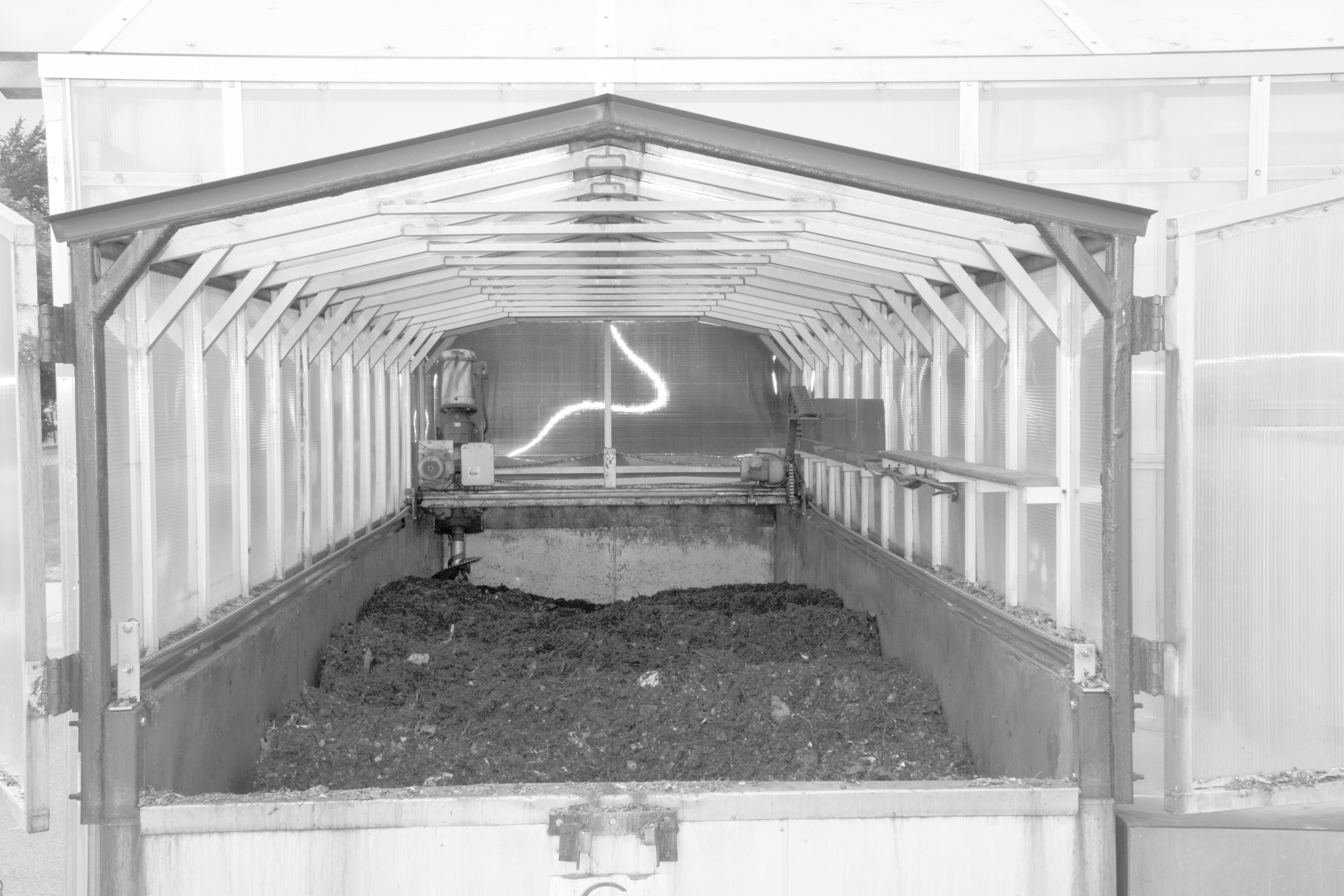How often do you compost? If you’ve ever tried, you probably know how difficult it can be on a college campus. It’s hard to find a compost bin nearly anywhere, and there are only a few near The Caf. However, not all the blame can be put on the administration itself. A lack of student investment has caused issues in expanding the composting program.
Due to the sheer number of people on a college campus, and the huge amounts of food consumed, it would make sense to compost. According to the EPA (the Environmental Protection Agency), over 30% of what Americans throw away are yard and food scraps. If we were to compost these things, we would waste much less food and money.
According to Assistant Director of Dining Services Kevin Birr, a “lack of student buy-in” has created problems in managing the existing composting bins. When students put trash into a compost bin, everything is contaminated. When students do not compost compostable materials, it makes the program much less effective.
While a large chunk of food scrap emissions are created by large chain restaurants, each one of us can lessen our carbon footprint by composting our food. Just imagine the difference that the hundreds of people who attend Gustavus could make if they all committed to composting their food.
This is why more composting bins are needed on campus. According to Birr, the only compost bins for wide-spread use are in the Jackson Campus Center. If composting were made to be more accessible to everyone, more students would get into the habit of throwing their food scraps in the compost rather than in the garbage. There are currently no composting bins located in the dorms, making it very difficult to properly compost one’s food without having to search for a composting bin.
There are a myriad of benefits to composting, not just environmental, but for people as well. When we compost our food scraps (instead of throwing them in a dump), we lessen carbon emissions. Carbon emissions cause global climate change, which is defined, according to the US Composting Council, as the “increased average temperature of the Earth oceans and atmosphere.” Rising temperatures contribute to higher sea levels, the destruction of habitats across the globe, and increased extreme weather. We can directly see these effects by observing the increased amount of dangerous, destructive hurricanes in the recent past. Just look at the devastating effects of Hurricane Maria on Puerto Rico.
When food scraps are composted, methane and carbon dioxide is used instead of being released into the atmosphere. Composting our food scraps also helps to make our agriculture healthier. Composted food scraps help plants to grow better and in a healthier way, allowing for a decreased use of chemical fertilizers.
Dining Service is trying to work out the issues currently associated with the composting program. While all the compostable to-go cups and utensils are a big step, they become useless garbage once they leave the Campus Center, as there are no other composting bins. This creates a large expense because the compostable material is already expensive to buy and create. Ultimately, Gustavus’ goal is to become a zero-waste campus and expand the composting program across all of campus. According to the EPA, zero-waste means that no waste or garbage of any kind is sent to landfills or incinerators.
Gustavus has a facility to process the food that is composted currently, located by the campus greenhouse. It takes about three to four months to process all the food scraps, to-go coffee cups, and compostable containers, straws, and utensils. After completion, the materials are usable as organic material.
If The Caf is going to offer compostable containers, utensils, and straws, they need to be easy to dispose of properly. Making composting accessible to all will also create even more of a sense of community at Gustavus. If we all were to commit to the shared goal of composting and a more sustainable campus, everyone would be able to feel better about their contribution to the environment.
“If the student body were to take hold and commit to composting- we would make great progress. Some of the responsibility does lie with them” Birr said.
If you use compostable containers from the Caf, make sure to throw them in the comporting bin when you’re done. Don’t throw trash where it doesn’t belong and encourage others to do the same. Support the Dining Service in their efforts to be more environmentally conscious and be patient. If every one of us commits to composting as much as we can, the environment and the entire Gustavus community will improve. Every person on campus needs to do their part in making Gustavus a more sustainable place to call home.
